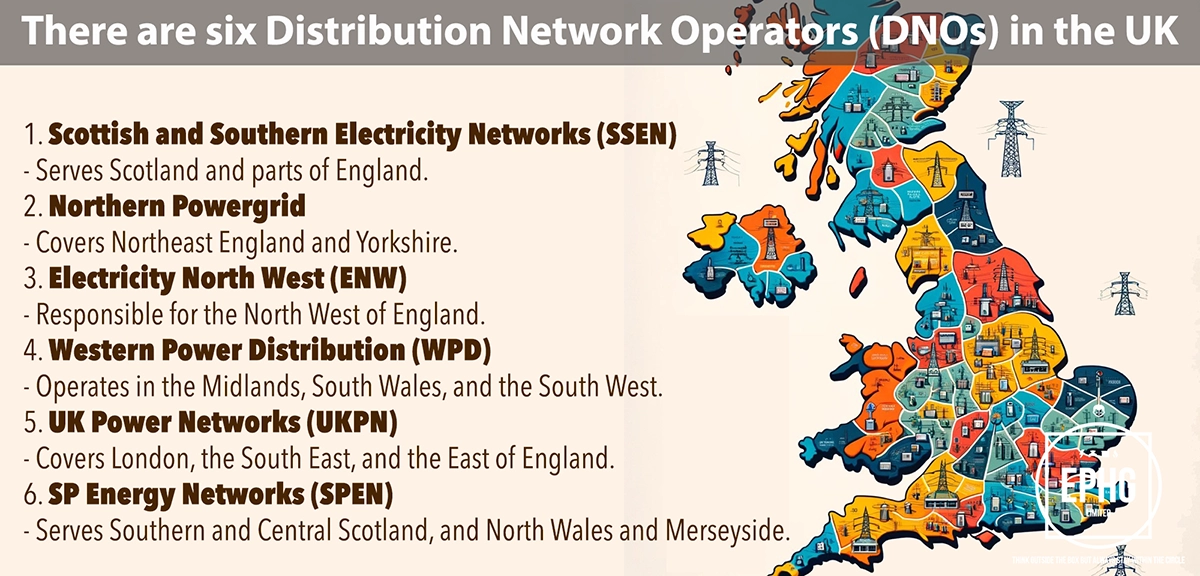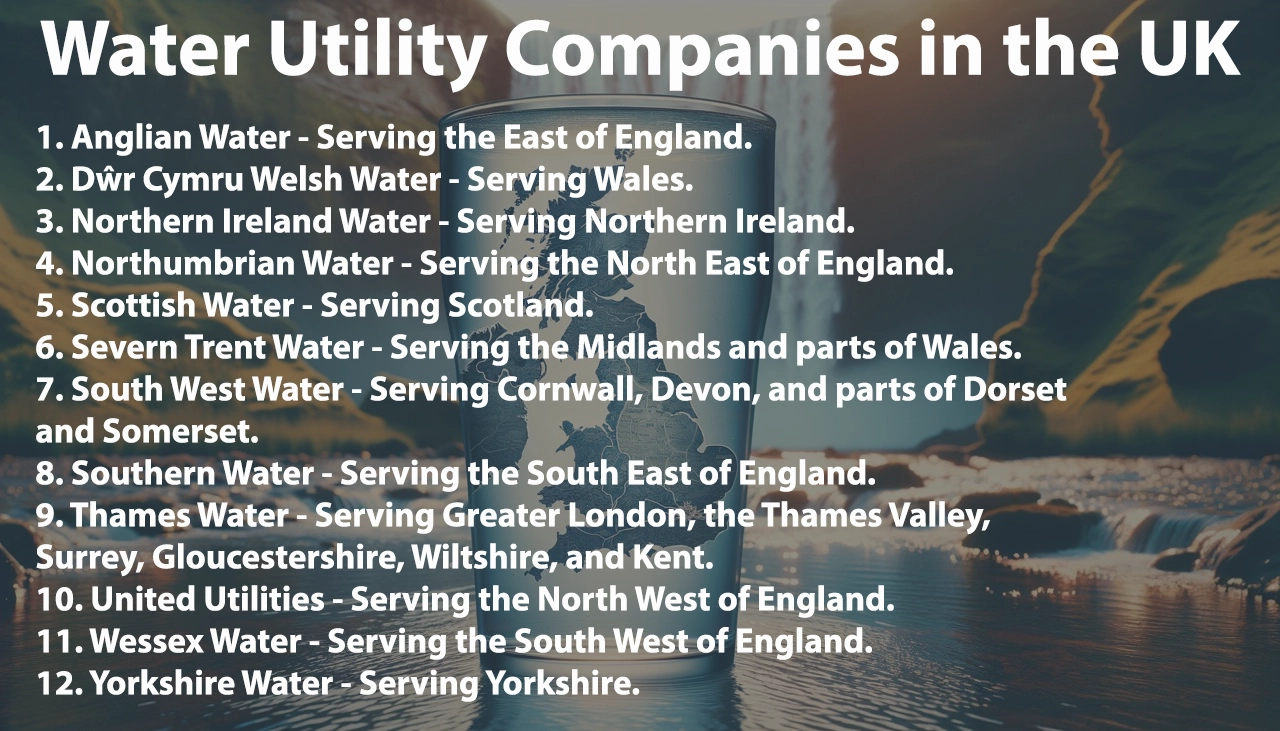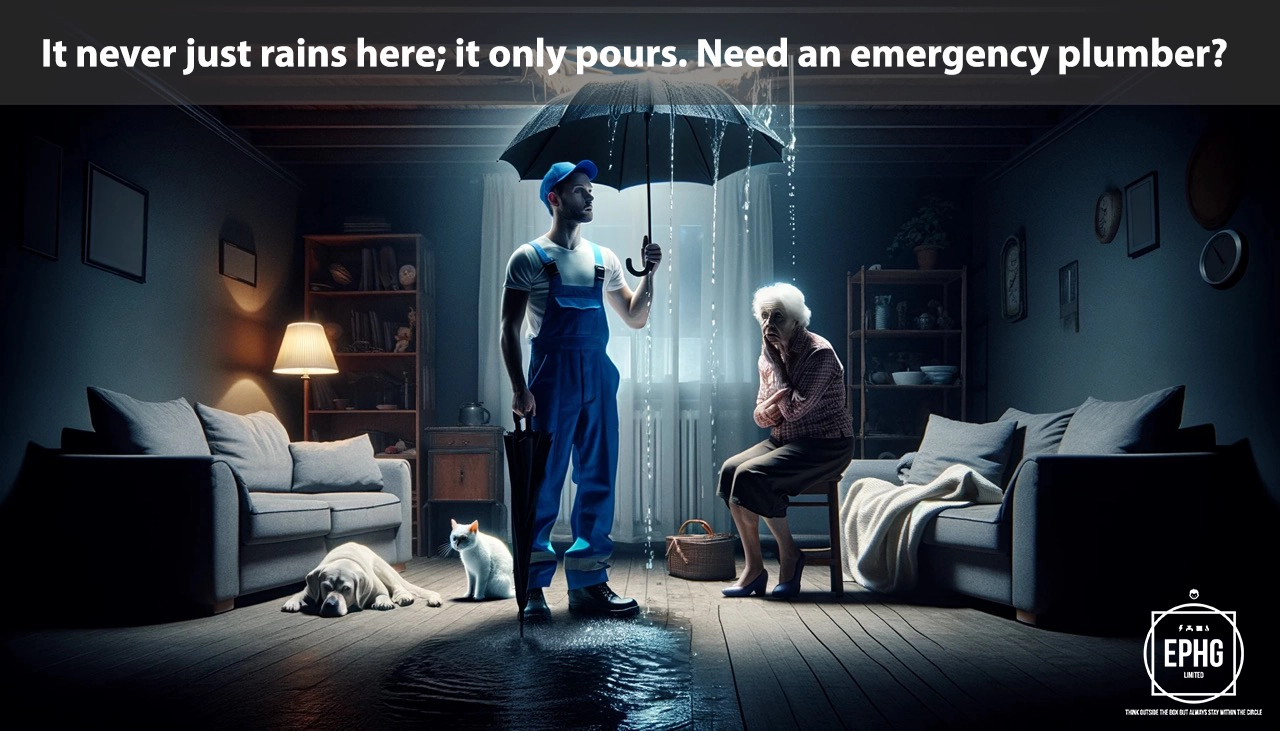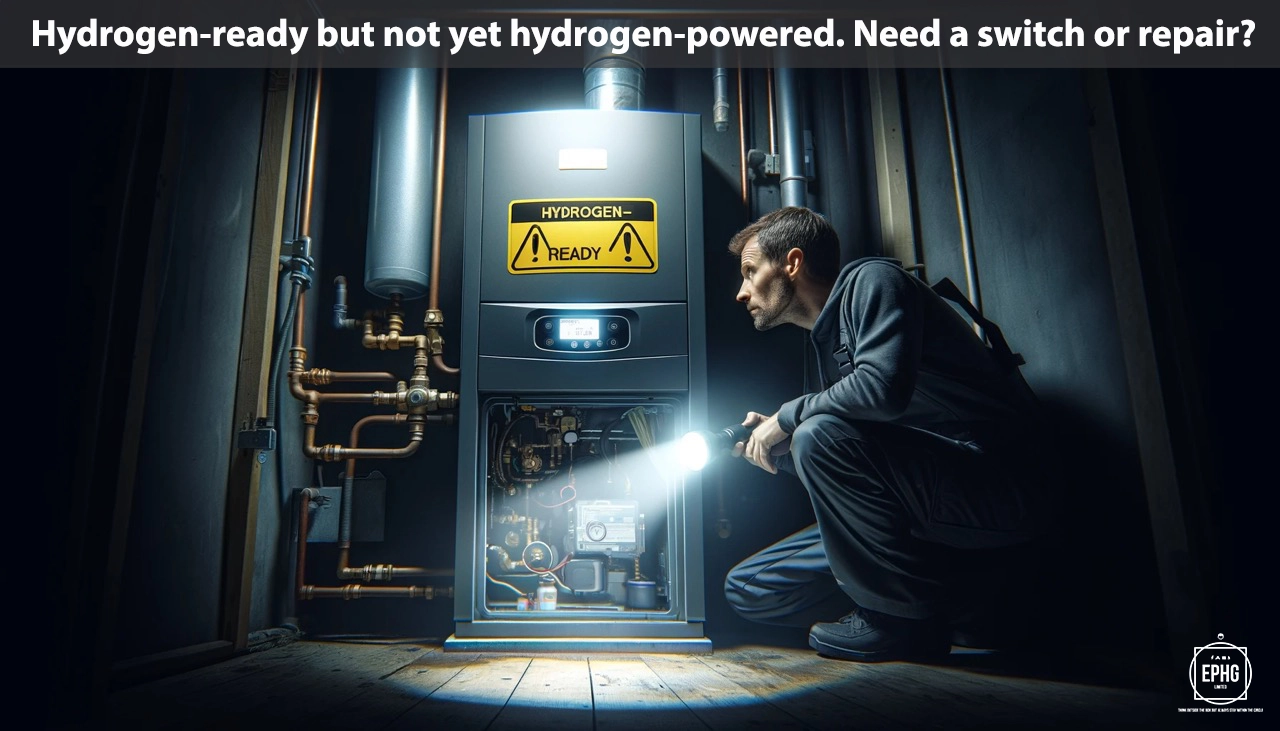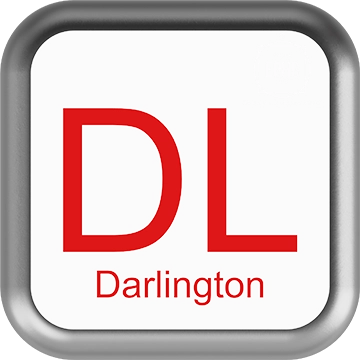
DL Postcodes for Utilities & Services in Darlington and Surrounding Areas
Introduction: The DL postcode area, covering Darlington, Richmond, and surrounding locales, provides insights into the utilities such as water and electricity that serve the region. This section offers essential information for residents and businesses.
Water in Darlington and Surrounding Areas
Where does the water supply come from in Darlington and is there ever a shortage of water?
In Darlington and the surrounding areas, the primary water supply is sourced from rivers and reservoirs, managed by Northumbrian Water. This region benefits from a consistent and reliable water provision, with state-of-the-art treatment facilities ensuring that the water meets safety and quality standards before distribution. Despite the stable supply, the area is susceptible to the same challenges affecting the broader UK, such as climate change and seasonal variability, which can impact water resources. Local authorities and water companies have robust systems in place for managing water demand and supply, including drought plans and water conservation campaigns. Residents are encouraged to use water efficiently to help ensure sustainability for the future.
What is the hardness & quality of the water in Darlington and surrounding areas and can this affect your health?
The water in the DL postcode area varies from soft to moderately hard, depending on the specific location and water source. Water hardness is primarily influenced by the geological makeup of the area through which the water flows. In terms of health, the water in Darlington and surrounding areas is safe to drink, with rigorous standards applied to test for contaminants and pollutants. While hard water can lead to scaling in household appliances, it is not harmful to health and can contribute beneficial minerals like calcium and magnesium. Nevertheless, if residents have concerns about water hardness, they can use water softeners or seek advice from water service providers. The quality of water is continuously monitored to ensure it meets all health and safety guidelines.
Electricity in Darlington and Surrounding Areas
Where does the electric supply come from in Darlington and what is the future of energy there?
Darlington’s electricity supply is a mix of traditional sources such as fossil fuels and an increasing shift towards renewable sources, including wind, solar, and biomass energy. The region is part of the wider UK energy grid, which is steadily transitioning towards greener, more sustainable energy production methods. Darlington benefits from national renewable projects and local initiatives aimed at boosting the use of renewable energy within the community. The future of energy in Darlington is geared towards sustainability, with plans to expand renewable energy use, improve energy efficiency in homes and businesses, and reduce the overall carbon footprint. Investments in renewable technology and infrastructure are expected to grow, with local authorities and businesses working together to promote sustainable energy solutions.
When is hydrogen coming to gas boilers in Darlington?
The transition to hydrogen gas boilers in Darlington is part of a broader UK initiative aimed at decarbonizing the heating sector. While a specific timeline for Darlington has not been established, the town is expected to follow national guidelines and pilot projects focused on integrating hydrogen into the energy system. This will likely include the gradual introduction of hydrogen-ready boilers and the development of local hydrogen production and supply infrastructure. Homeowners and businesses in Darlington are advised to stay informed about developments in heating technologies and the national shift towards hydrogen, which promises a significant reduction in carbon emissions from residential and commercial heating.
Where Does the Wastewater Go in Darlington
In Darlington, wastewater management involves the collection, treatment, and disposal of sewage and rainwater to protect public health and the environment. Wastewater is treated at facilities managed by Northumbrian Water, which employ advanced processes to remove contaminants. The treated water is then safely released into local watercourses, ensuring that discharge standards meet strict regulatory requirements. Continuous investments in the sewage network and treatment facilities help maintain the system's efficiency and environmental compliance, reflecting Darlington’s commitment to sustainable wastewater management and protection of local waterways.
Regions and Services:
The DL postcode area encompasses a variety of settings, from the bustling market town of Darlington to the scenic beauty of the Yorkshire Dales. Key regions include:
- Darlington: A focal point for urban development, featuring comprehensive electrical and gas infrastructures and an increasing emphasis on renewable energy sources.
- Richmond, Barnard Castle, and Bishop Auckland: Historic towns that blend traditional charm with modern amenities, including evolving utility services to meet contemporary needs.
- Leyburn, Hawes, and Bedale: Picturesque villages and market towns in the Dales, where community-led renewable energy initiatives complement existing utility provisions, contributing to the region's sustainability efforts.
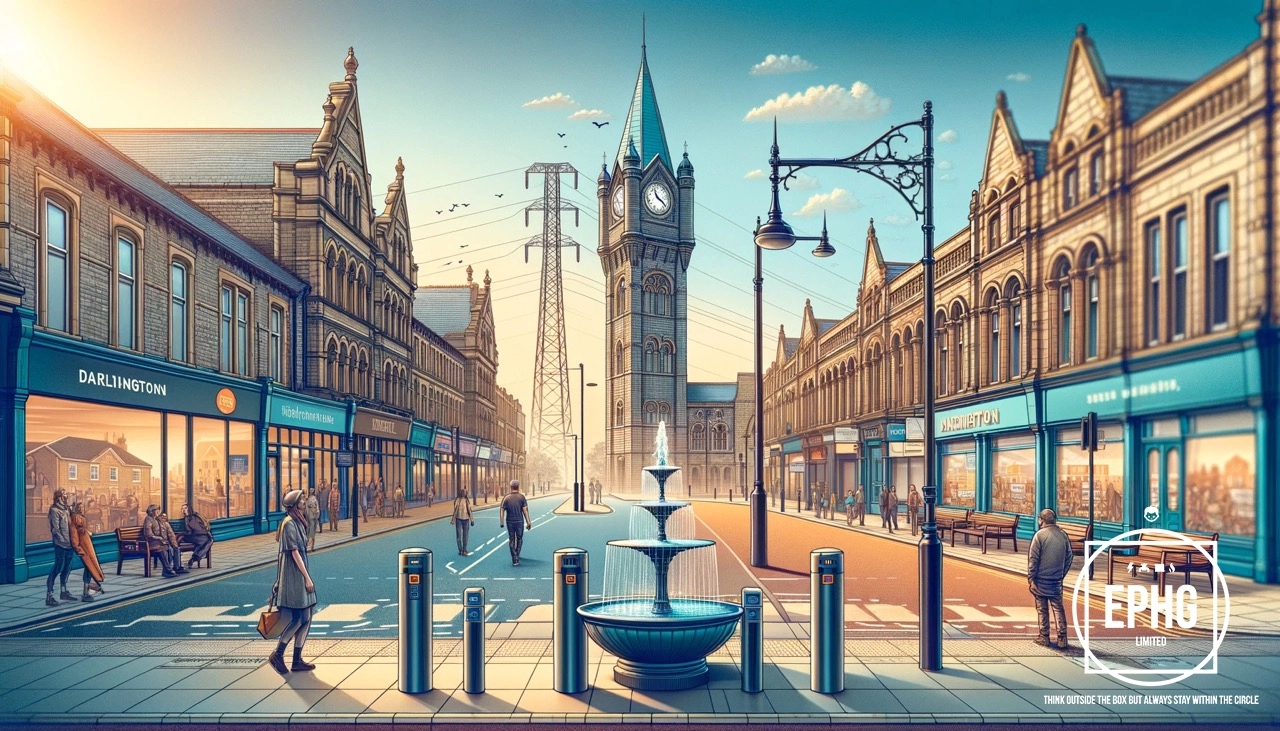
Regions within the DL Postcode
Darlington and Surrounding Areas
- DL1: Darlington Central, Eastbourne, Faverdale
- DL2: Middleton St George, Hurworth, Neasham, Croft-on-Tees
- DL3: Darlington West, Cockerton, Branksome, Hummersknott
- DL4: Shildon
- DL5: Newton Aycliffe, Heighington
- DL6: Northallerton, Romanby, Brompton
- DL7: Northallerton South, Thornton-le-Moor, Ainderby Steeple
- DL8: Wensleydale, Bedale
- DL9: Catterick, Catterick Garrison
- DL10: Richmond, Catterick Village
- DL11: Grinton, Swaledale, Arkengarthdale
- DL12: Barnard Castle, Teesdale
- DL13: Bishop Auckland, Weardale
- DL14: Bishop Auckland, West Auckland, Coundon
- DL15: Crook, Willington, Tow Law
- DL16: Spennymoor, Ferryhill (Sedgefield)
- DL17: Ferryhill, Chilton, Cornforth
Surrounding Villages and Areas
- DL12: Cotherstone, Lartington
- DL13: Stanhope, Frosterley, Wolsingham
- DL14: Etherley, Toft Hill
- DL15: Howden-le-Wear, Hunwick
- DL16: Kirk Merrington, Middlestone Moor
- DL17: Bishop Middleham, Fishburn
